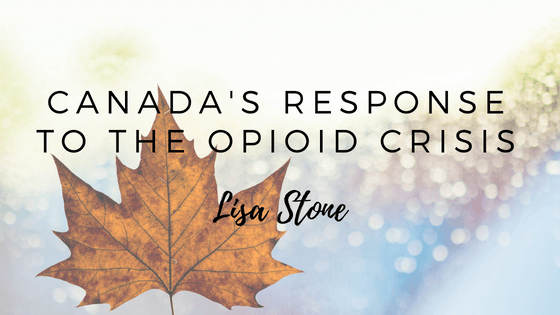The United States isn’t the only nation that is suffering heavily from the opioid crisis. Our neighbors to the north, Canada, are experiencing this crisis as well. In 2017 alone, Canada saw nearly 3,000 deaths related to opioid overdose.
Canada has begun to take steps to reduce the strain the opioid crisis is ravaging on its citizens. The Joint Statement of Action to Address the Opioid Crisis was brought forth to reform how lawmakers approach drug policy to make it a more collaborative, comprehensive, and evidence-based process. The Minister of Health created a new Canadian drugs and substances strategy that focuses on a foundation in evidence, restoration of harm reduction as well as prevention, treatment, and enforcement. There have been a few methods that have proven to begin curbing the opioid problem.
Naloxone has quickly become a solution to opioid overdoses. This drug is fast acting that reverses the opioid overdose. Utilizing this reversal drug helps emergency services get a victim to the hospital for full treatment before it becomes too late. Canada has made Naloxone available at pharmacies across their provinces and territories without a need of a prescription. Some of these pharmacies even offer free Naloxone kits.
As of May 4, 2017, the Good Samaritan Drug Overdose Act has been passed into law. This act provides legal protection for those that call for help if there is an emergency overdose. If a person is with someone that overdoses, this act protects them from charges that could relate to possession of a controlled substance or even conditions that are put forth from parole or probation. This act was drawn up in hopes that it reduces the fear of having to call police in emergency overdoses and to allow for more people to speak up.
Canada’s steps in responding to the opioid crisis have been large and noticeable. The United States could seemingly take a page from Canada’s proverbial book to enact a policy that allows the same response from its citizens. The opioid crisis is one that has quickly turned into an epidemic and our nation needs to start addressing it as such rather than as a simple problem that can swept under a rug.

